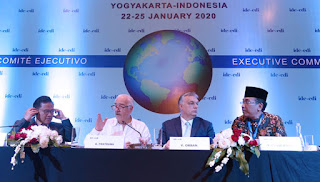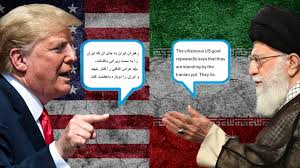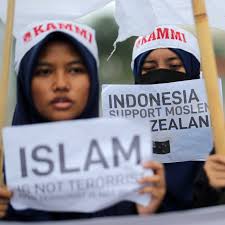Saudi Arabia and Iran: Not places for persecuted religious and ethnic minorities

By James M. Dorsey A podcast version of this story is available on Soundcloud, Itunes , Spotify , Stitcher , TuneIn , Spreaker , Pocket Casts , Tumblr , Podbean, Audecibel , Patreon and Castbox . A series of recent measures in Saudi Arabia and Iran that violate the rights, if not endanger religious and ethnic minorities call into question their moral claims of adhering to core faith-based values of mercy and compassion. If anything, the two arch rivals compete in violating the rights of minorities like Uighurs threatened with deportation to China where they run the risk of being incarcerated in re-education camps in the troubled, north-western province of Xinjiang; Rohingyas who have been the victims of ethnic cleansing in Myanmar; and persecuted Bahais and other religious minorities in Iran. Saudi and Iranian policies seem more in line with those of authoritarian and autocratic leaders who often seek their legitimacy in civilisationalism that emphasizes





